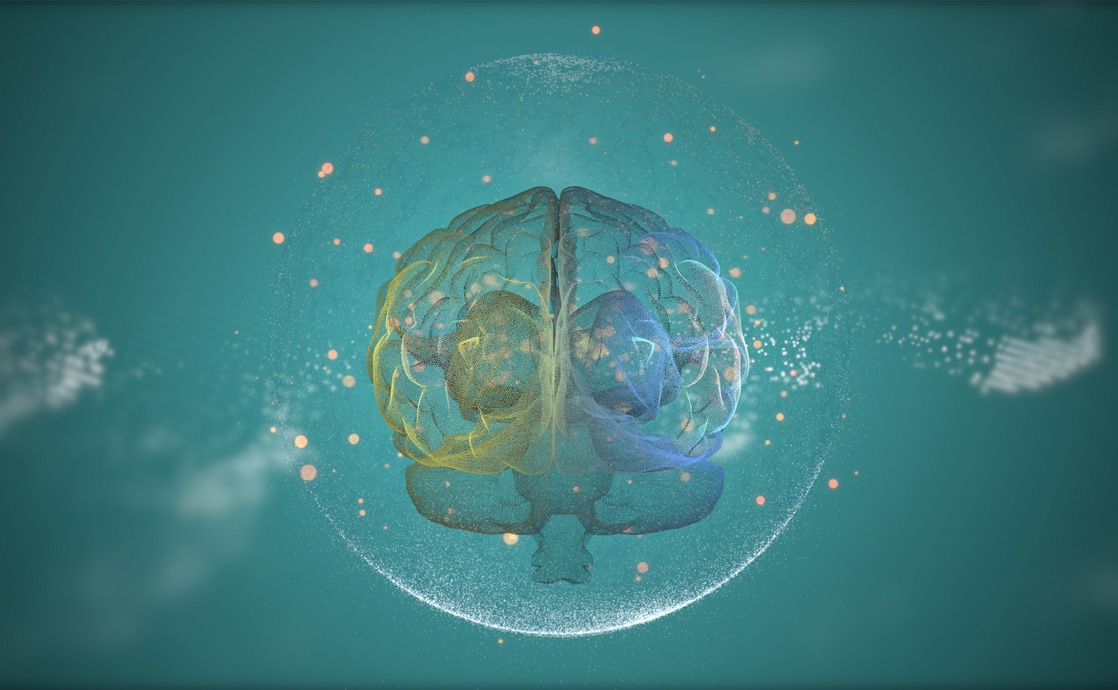The views expressed in our content reflect individual perspectives and do not represent the authoritative views of the Baha'i Faith.
The calendar Baha’is follow has 19 months, each named after an attribute of God. One of those months is called Qudrat, which means “power.” Recently, though, I’ve felt a little lacking in that attribute.
RELATED: Every New Era Brings a New Calendar
What’s made me feel short on power lately is lack of focus; having so many things I have to do or want to do. In thinking about how much there is to do, a whole day passes without scratching any of them. Do you ever feel like a character in a video game, with an ever-growing list of quests piling up in the right view of your screen?
I tried to brainstorm some solutions, like that part in the video game where you unlock the new skill that allows you to surmount the quest you’ve been stuck on. In a Baha’i book called Selections from the Writings of Abdu’l-Baha, I found and memorized this quote:
So long as the thoughts of an individual are scattered he will achieve no results. But if his thinking be concentrated on a single point, wonderful will be the fruits thereof. Man cannot obtain the full force of the sunlight when it is cast upon a flat mirror. But once the sun shineth upon a concave mirror, or on a lens that is convex, all its heat will be concentrated on a single point, and that one point will burn the hottest. Thus it is necessary to focus one’s thinking on a single point, so that it will become an effective force.
Then I started a focus journal to do that “Rule of Thirds” process, where you list 3 things you want to happen that day, focusing on only those few things so you can hit them with the “full force of the sunlight.”
This requires that I know what my “main quests” are, and to know that if I at least accomplish those things, I’m moving my story forward. It asks me to narrow it down to few enough things that I can accomplish them with power. Then everything else that happens that day can be mindless or optionally productive, so I still feel happy playing the game.
This is how I’ll get my power, I think to myself. Focus.
Sunday arrives, and today’s focus is the “Storm of Racism Conference,” a monthly discussion a group of friends and I host for youth around the country to explore ways to combat anti-Blackness from a Baha’i perspective. It’s election week in the United States, so our topic is “Participating in Politics in Ways that Unite Rather than Divide.” I’m facilitating, so I have to figure out what I’m going to say.
One of our speakers, a Baha’i who talks with us about his experiences with Direct Democracy, explains a process which allows ordinary citizens to write new laws or constitutional amendments and put them up for a vote as statewide ballot initiatives without any political party affiliation. We discuss one amendment that process helped pass this year—removing exceptions which still existed in the Utah constitution against having no slaves. Yes, in 2020 some of our foundational documents still contain those reprehensible things.
After all, our country had 246 years of legalized slavery (1619-1865), followed by a century-long period of restrictive, racist Jim Crow laws (1865-1965), and only 55 years (1965-2020) of relative freedom.
RELATED: Slavery’s Effects: Still Real in American Culture
One of our youth asks a question after the speaker finishes: “If I want to write a bill at a young age, how would I understand how to put it in the legal language that would be respected and get signatures?” I smile, imagining a legion of youth writing new laws.
My co-MC, an attorney who has experience in law: “You’d actually bring it to legislative counsel who would help you put it into the language of law. One of the first things they’ll want to know is if it’s just you, or if there are others with you. Because remember, they want to get on things that have many constituents. You’ll also want to research the issues you want to change, because many laws have been passed which ended up causing more harm than good. For example, in 1996, they passed a law that made female genital mutilation a felony. Then all FGM cases stopped being reported. It’s not that they solved the issue, it’s that survivors stopped reporting it. Had they consulted the affected communities, they might have known that while women don’t want to get mutilated, they also don’t want to get their parents arrested and will be unwilling to prosecute. Efforts must center the right people and not overlook the consultation process.”
The evening ends, and we send the room of youth on their own quests to set the world on fire before our next discussion.
This all reminds me to revisit what I’m discovering about trying to feel powerful, and to center my efforts, as Abdu’l-Baha counseled: “Thus it is necessary to focus one’s thinking on a single point, so that it will become an effective force.”
















Comments
Sign in or create an account
Continue with Googleor